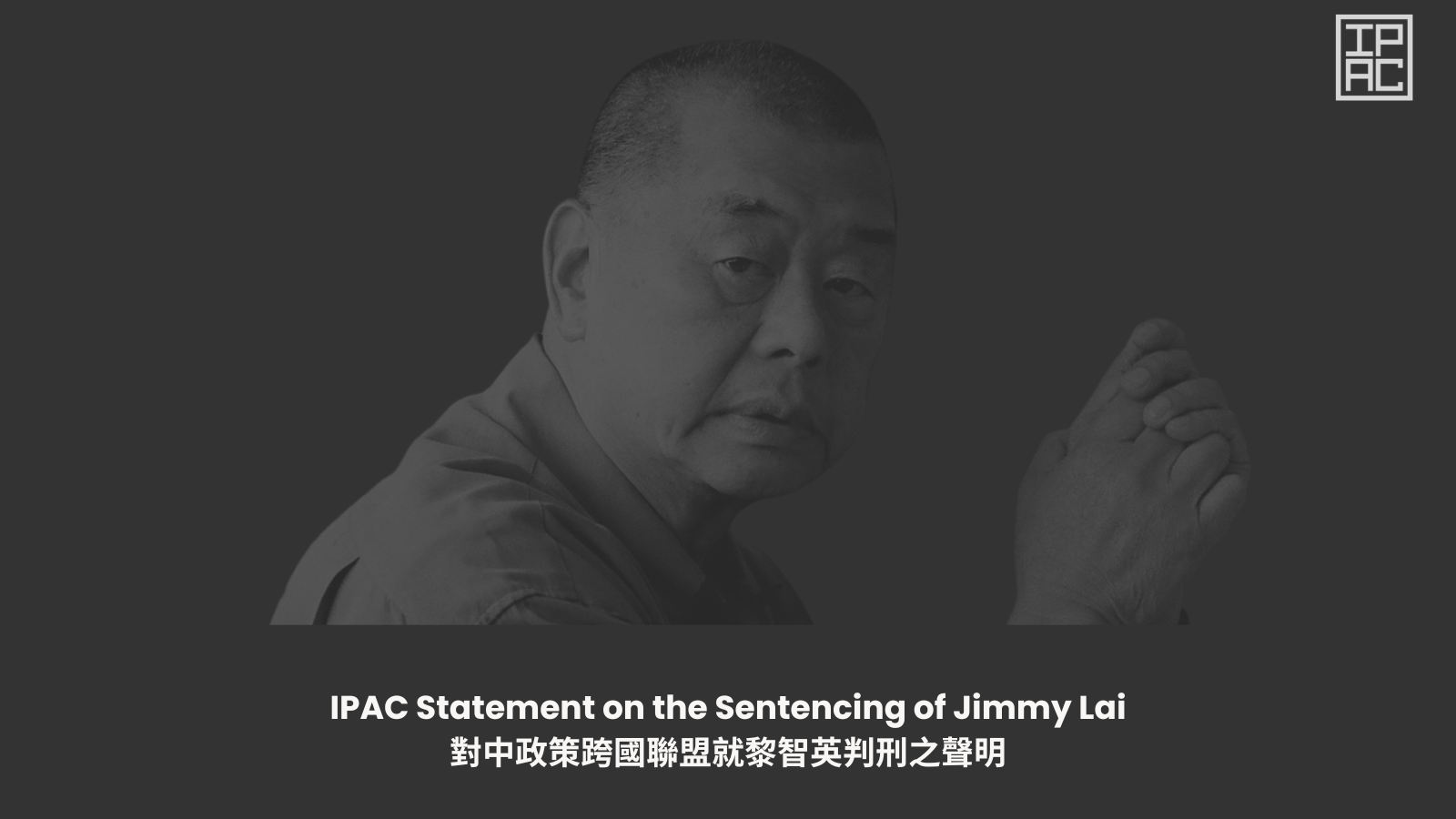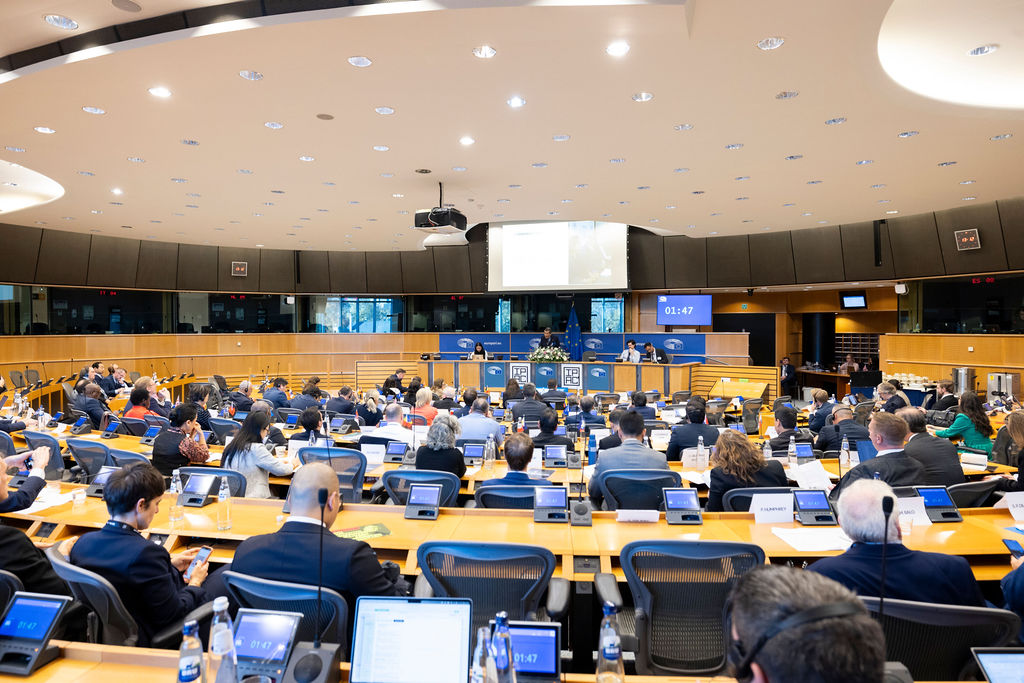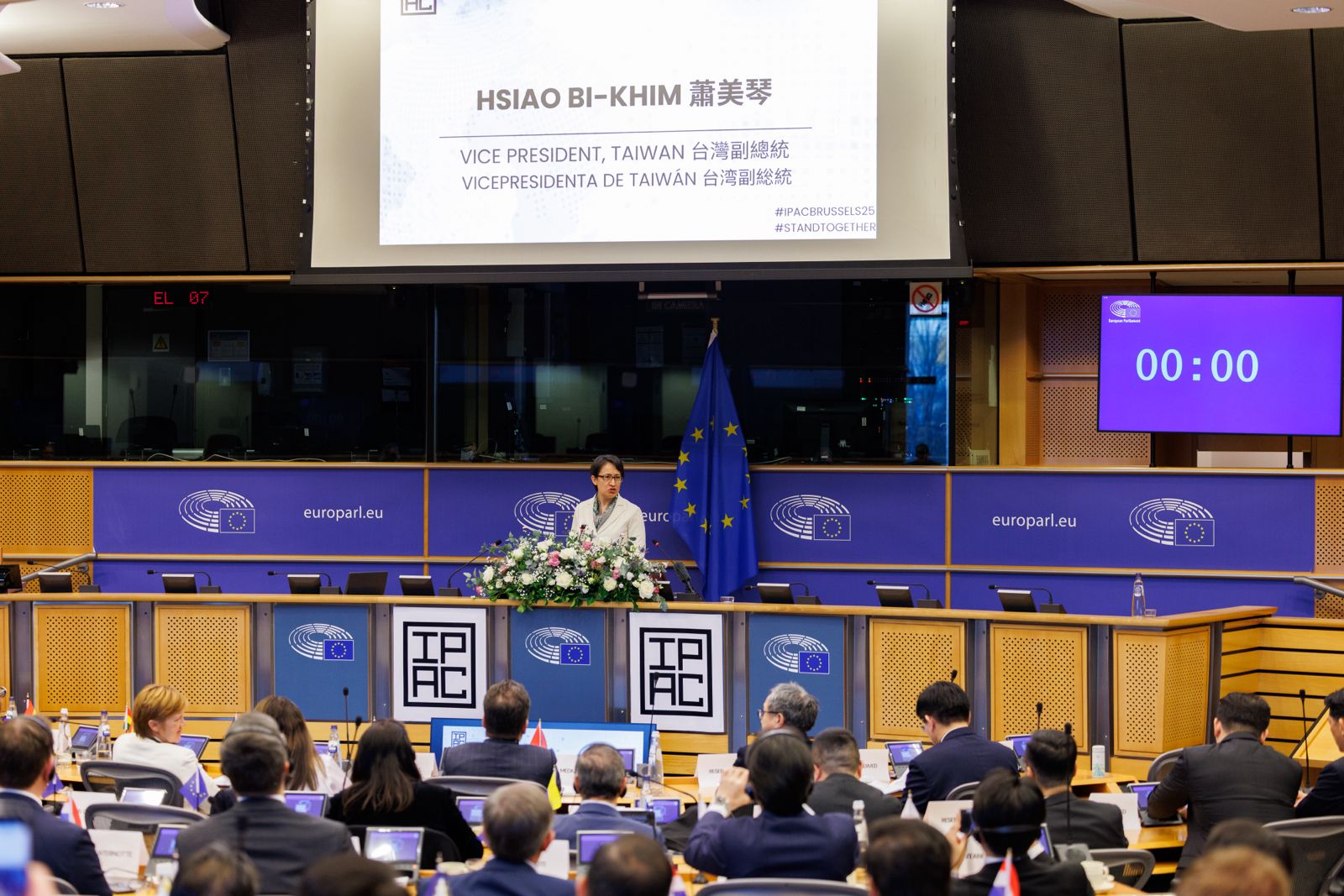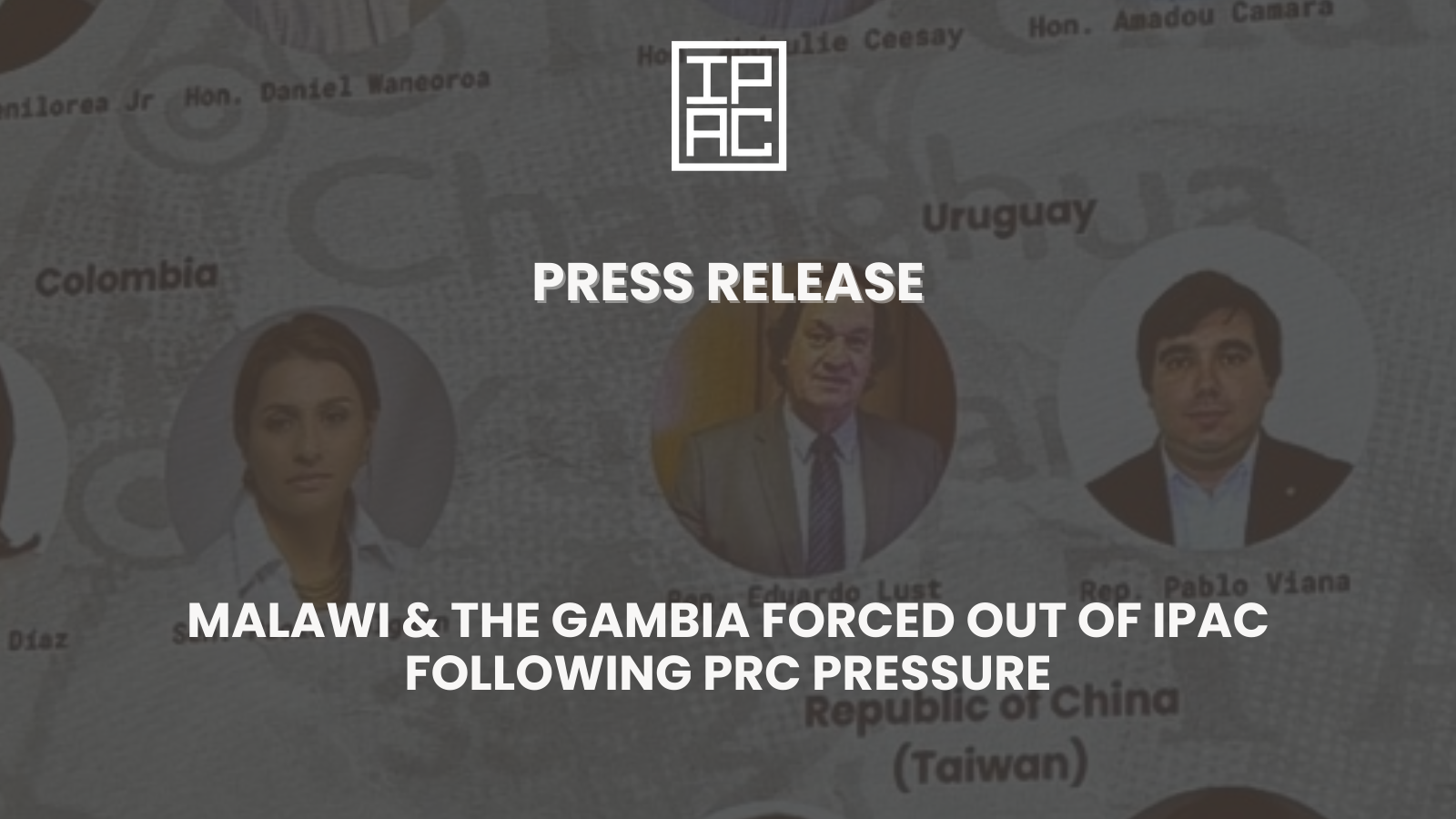EU Lawmakers Slam New Air Cargo Route to Xinjiang ‘Forced Labour Capital’

The opening of a new air cargo route between Belgium and China’s Xinjiang is being met with opposition led by members of the Inter-Parliamentary Alliance on China (IPAC), over the widespread forced labour abuses and suspected Genocide taking place in the region.
The air cargo route links commercial hub Liège with Kashgar, the second largest city in China’s Xinjiang Uyghur Autonomous Region (XUAR). According to Chinese news sites, the inaugural Kashgar-Liège flight of the new air cargo channel took place on the 18th of January this year, carrying over 30 tons of clothes, small household appliances and daily necessities at an estimated value of RMB 2.264 million.
The route is operated by Xinjiang Tianshun Supply Chain Co., Ltd, a firm endorsed by the Xinjiang Production and Construction Corps (XPCC) as a “Key Promotion Enterprise” in the XUAR region. The XPCC, a state-endorsed paramilitary organisation, runs many of the region’s ‘Vocational Training Centres’, in which at least a million Uyghurs are believed to be interned and subject to forced labour abuses, and facilitates the region’s labour transfer scheme, which many experts believe amount to conditions of forced labour. The XPCC Public Security Bureau has been designated under the European Union’s human rights sanctions mechanism, measures also taken by the US, UK and Canada.
Samuel Cogolati, Belgian Green MP and Co-Chair of the Inter-Parliamentary Alliance on China (IPAC) said:
“A growing number of parliaments around the world have recognised that the Uyghurs are at serious risk of Genocide and Crimes Against Humanity, including Belgium’s. Now is not the time to be deepening trade links with Xinjiang’s forced labour capital.”
“As the US bans all imports of goods from Xinjiang and as the EU prepares legislation to remove goods tainted by forced labour from our supply chains, it is unthinkable that flights filled with goods from Xinjiang are coming directly to Belgium. We should be making every effort to stop goods tainted by Uyghur forced labour from entering our supply chains – not rolling out the red carpet.”
“I would ask what firms intend to export their products to Belgium on this new cargo route, and what due diligence will be undertaken to ensure that those perpetrating forced labour abuses are not able to profit from it."
“The European Commission must step in and bring forward mandatory supply chains due diligence legislation, and to impose import bans on goods from the Xinjiang Region”
Reinhard Bütikofer MEP, IPAC Co-Chair and Chair of the European Parliament’s China delegation, said:
“We know that state-sponsored forced labour is widespread in Xinjiang. At the same time, independent auditors have been denied access to supply chains in the region. The opening of a direct air cargo route risks even more goods tainted by Uyghur forced labour entering Europe. Perpetrators of forced labour abuses cannot be allowed to profit off European markets.”
Notes:
- A large number of Uyghur internment are located in and around the city of Kashgar, with the city acting as a key transportation hub for the region. Xinjiang’s cotton industry has come under particular scrutiny, with Chinese government data revealing that hundreds of thousands of Uyghurs have taken part in coercive labour transfer schemes in the cotton industry. Reports have also linked global solar power supply chains to widespread forced labour abuses in the XUAR.
- On December 23, 2021, President Biden signed into law the Uyghur Forced Labor Prevention Act, a bipartisan bill to ensure that goods made with forced labour in the XUAR do not enter the United States market.


.png)
%20(1).png)
.jpg)
%20(1).jpg)
%20(1).jpg)



.png)
.png)
.png)
.png)


.jpg)
.png)

.png)
.png)
.png)

.png)



.png)



.png)








.png)










